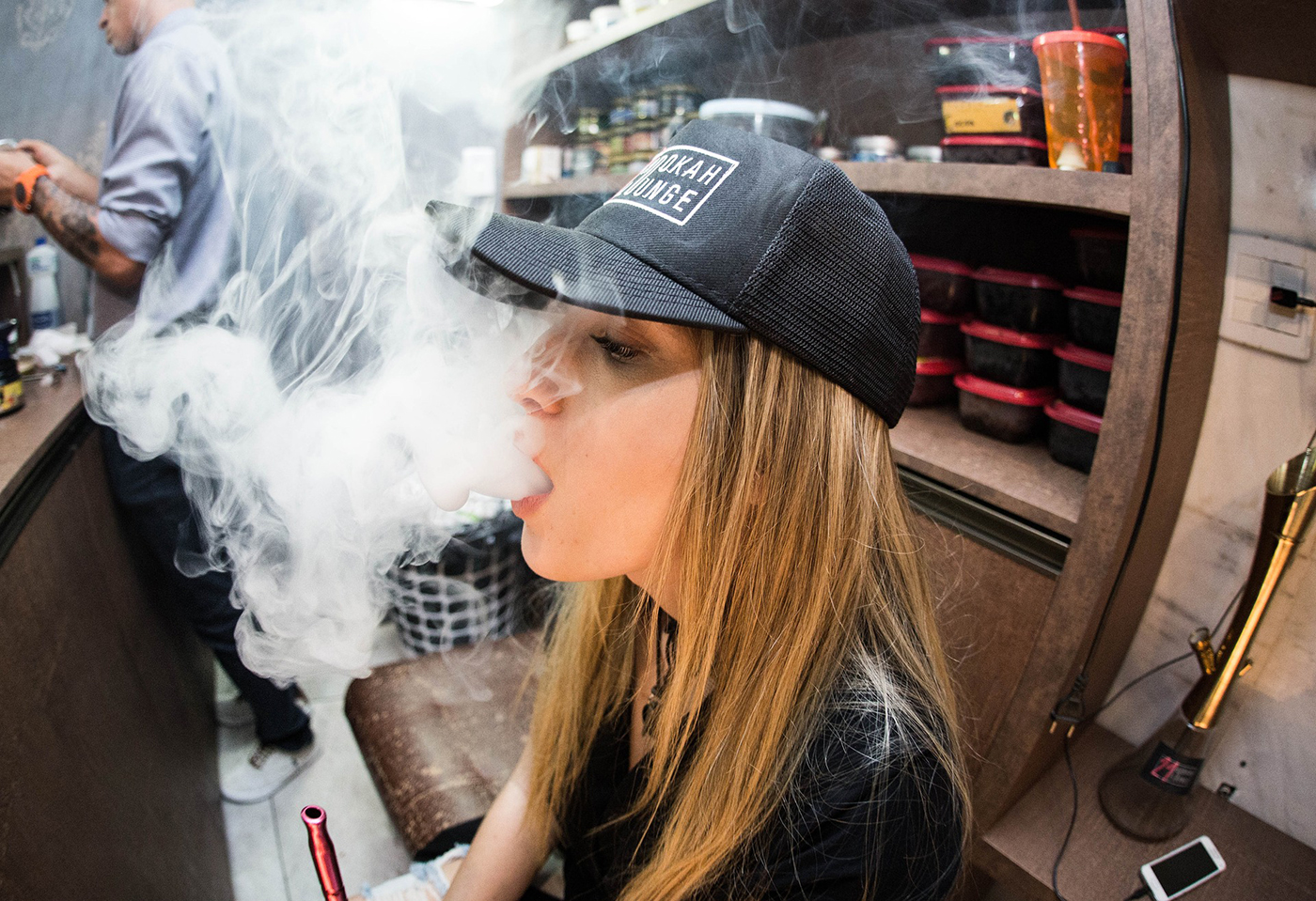
Use of the Juul e-cigarette device among adolescents and young adults increased significantly from 2018 to 2019, according to a study published online Tuesday, Jan. 21, by JAMA Pediatrics.
The study, funded by the anti-smoking nonprofit Truth Initiative, mainly focused on Juul devices because they dominate the U.S. market: Juul currently accounts for 64.4% of e-cigarette sales. Juul Labs is partially owned by tobacco company Altria.
Surveys of representative samples of people ages 15‒34 found that the percentage who said they had ever used a Juul device increased from 6% in 2018 to 13.5% in 2018. The percentage of those who said they were current Juul users, i.e., they had used a Juul device at least once in the past 30 days, increased from 3.3% in 2018 to 6.1% in 2019.
The results indicate “an unprecedented increase in tobacco product use among young people in the United States,” the study’s authors wrote.
Juul use increased for every age group, but use varied between groups:
- The highest use was among participants ages 18‒20, with 23.9% saying they had ever used a Juul device and 12.8% saying they were current users in 2019.
- The second-highest use was among participants ages 21‒24, with 18.1% saying they had ever used a Juul device and 8.2% saying they were current users in 2019.
- Among participants ages 15‒17, 15.9% had ever used a Juul device and 7.8% were current users in 2019.
- The least use was among participants ages 25‒34, with 8.2% saying they had ever used a Juul device and just 2.9% saying they were current users in 2019.
The study’s authors wrote that the higher use of Juul among younger people compared to the oldest age group in the study likely reflects the tobacco industry’s documented promotion of vaping through social media and other youth-friendly outlets and the industry’s array of youth-appealing flavors, which were widely available at the time of the study. The Food and Drug Administration released a guidance Jan. 2 prioritizing enforcement against flavored, cartridge-based e-cigarette products, with exemptions for menthol and tobacco flavors.
“Findings of this study underscore the critical need for increased e-cigarette product regulation at the federal, state, and local levels to help reduce access to, appeal of, and exposure to promotional efforts in order to protect society’s youngest and most vulnerable,” the study’s authors wrote. “States, in particular, play a key role in addressing the crisis by implementing policies to prevent youth use. We believe future research and regulation efforts must arrest the e-cigarette epidemic in order to prevent another generation from becoming lifelong tobacco users.”
For more information about e-cigarettes, see the Vaping Updates & Insights page on our website.






